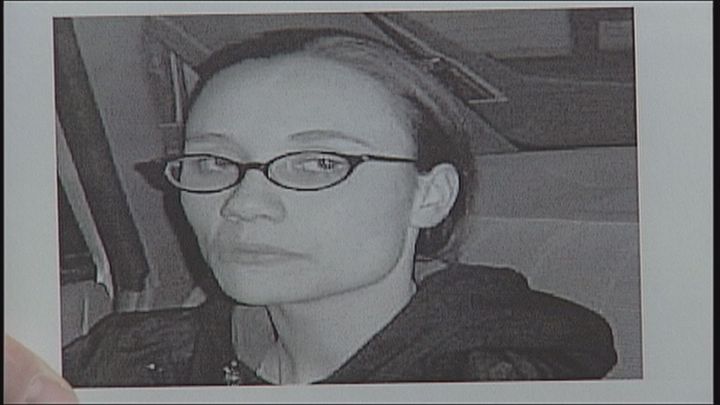The RCMP is using social media as an “investigative tool” in the hopes people with information about any of Canada’s hundreds of missing Aboriginal women and girls will come forward with tips.

More than 1,200 indigenous women and girls are missing across Canada – many for decades. A 2014 RCMP report found that Aboriginal women continue to be over-represented among Canada’s murdered and missing women.
Reports from the United Nations and Amnesty International have slammed Canada’s record on preventing violence against aboriginal women and girls, and pursuing justice for aboriginal vicitms of violence.
READ MORE: UN rapporteur pushes Ottawa on First Nations
RCMP said it hopes to involve communities across the country in sharing information that may generate tips for investigating officers.
Follow the RCMP tweets on its Twitter page here, and visit the “Canada’s Missing” site for a full list, case profiles and how to submit a tip
RCMP said in a statement the social media posts have been “shared extensively” and drawn “important attention to the cases profiled” but couldn’t say how many tips, if any, they’ve received as a result of the initiative.
RCMP declined to provide a phone or in-person interview. They and local police forces have come under fire from First Nations advocates for often failing to take reports of missing aboriginal women seriously until it’s too late.
READ MORE: No endorsement from police chiefs for aboriginal women inquiry
The online campaign is in its third year, and isn’t the only such tactic that’s being used to attempt to bring attention to the issue.
Toronto cartoonist Evan Munday spent about a week tweeting one black and white drawing of murdered and missing women daily to Prime Minister Stephen Harper’s account in early January, but stopped after feedback from the victim’s families that the tweets were inappropriate.
“I believe I cannot continue the project in a way that respects these women’s autonomy or a way that helps rather than harms the families of these thousands of women,” he wrote in a statement on his website Jan. 14. “I apologize for hurting the families of these women and for making them relive painful memories.”
Aboriginal writer and artist Gregory Scofield is one artist posts photos and names of missing and murdered women almost daily. He captions each post, “Name A Day” with the woman’s name, age and location, along with “Find our missing sister.”
READ MORE: NDP set to release party’s indigenous policy in Enoch, Alta.
Police said they contacted the Native Women’s Association of Canada (NWAC) when the initiative launched in 2013, “to consult them about the idea of a social media awareness campaign to focus attention on unsolved cases of missing Aboriginal women and girls, and to see what time of the year would work best for them.” October was chosen “to keep the momentum of the Sister in Spirits Vigils.”
READ MORE: Missing and murdered indigenous women remembered at Lethbridge vigil
When Global News asked if there would be any extension of the 10-day campaign, RCMP said it’s seen the level of attention in such campaigns “wane over time” and its goal is to maximize sharing of posts over the current time frame.


Comments